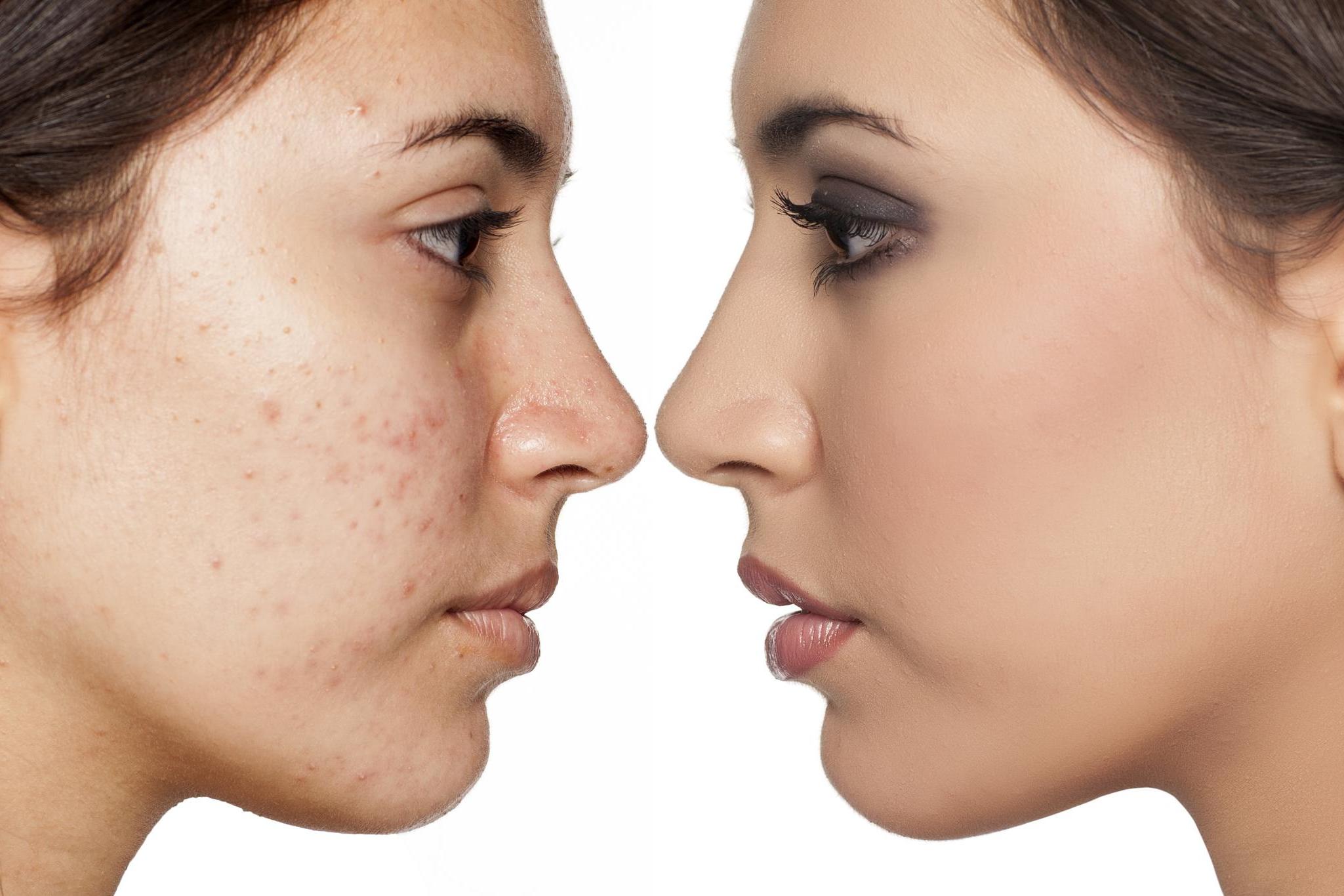Sulphur could be key ingredient to clearing acne for good, experts say
The natural chemical has been used in skincare for centuries, but went out of fashion because of its potent stench

Whether you’re a hormonal teen or a fully-fledged adult, acne is no picnic.
Sulphur might be better-known for its distinctive egg-like stench than its skin-boosting properties, but the natural mineral has actually been used in skincare regimes for centuries and has been proven to combat an array of skin conditions, such as acne, eczema and psoriasis.
Thankfully, an increasing number of skincare brands have started incorporating sulphur into their product formulas, meaning it’s not really necessary to soak yourself in daily sulphur baths like the ancient Romans used to do in order to see the benefits.
Sulphur has natural anti-inflammatory and antibacterial properties, meaning it can clear bacteria from the pores that would otherwise lead to acne and also help to prevent new bacteria from manifesting on the skin’s surface.
It also reduces the production of sebum in the skin, which leads to oiliness.
This process dries out the skin, which can be beneficial for acne-sufferers who are prone to excess oil production that can lead to breakouts.
"Sulphur was first reported to be useful in acne in 1949 and several early studies in the 1950s showed it to be beneficial," explains Dr Tim Clayton, a dermatologist and acne expert based in Manchester.
"It went out of vogue for many years. It has effects on peeling the surface of the skin and is anti microbial. It may cause irritation and dryness and some patients may not tolerate these side effects. Sulphur used topically in creams can be of benefit in milder cases of acne," he told The Independent.
Sulphur has also been hailed as a keratolytic because it works by peeling away the top layer of the skin when it’s applied, taking dead skin cells with it and revealing a fresh layer of unblemished skin to flourish in its place.
Some skincare experts praise the mineral as a natural exfoliate too.
"Dermatologists use a diluted variation of sulphur in creams as it is a very good descaling agent for the skin and gets rid of excess keratin flakes and scale," Dr Adam Friedman told The Independent.
A spokesperson for luxury skincare brand Gazelli added that sulphur is used in a lot of face masks and can be used to help control dermatitis.
"Sulphur plays an important role in maintaining healthy connective tissue, metabolising fats and regulating blood sugar," they told The Independent.
"It improves the texture, volume, suppleness and sheen of hair."
However, like with most things, it’s not necessarily right for every skin type and can actually be harmful to some people, particularly those with dry or sensitive skin.
Due to its high pH balance, it can exacerbate skin irritations by disrupting the skin’s protective layer, so it’s always worth consulting a dermatologist before you start using sulphur-infused skincare products.
Not to mention the fact that it smells rather horrendous, to the extent whereby a 2012 study cited its stench as a reason for sulphur being frequently shunned from use in skincare products - what a stinker.
Join our commenting forum
Join thought-provoking conversations, follow other Independent readers and see their replies
Comments
Bookmark popover
Removed from bookmarks